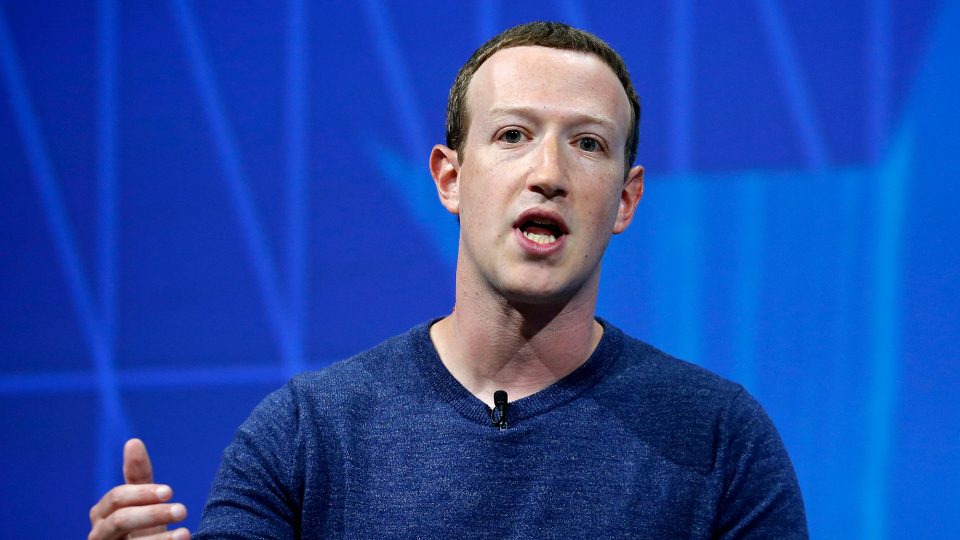
Zuckerberg denies ex-employee's charge of profit-over-safety against FB

Facebook CEO Mark Zuckerberg posted a strong defense against the claims by an ex-employee, Frances Haugen, quoting, “At the heart of these accusations is this idea that we prioritize profit over safety and well-being. That’s just not true.”
Zuckerberg wrote in his memo to his employees, and also posted on Facebook, “The argument that we deliberately push content that makes people angry for profit is deeply illogical,” hours after the whistleblower testified before the Congress on Tuesday.
Also read: Before Facebook outage, whistleblower spilled beans on ‘dangerous algorithms’
Frances Haugen, 37, said, “I’m here today because I believe Facebook’s products harm children, stoke division and weaken our democracy.”
Hours before the seven-hour outage, the Facebook whistleblower exposed her identity and went on air to speak about her claims. She stated that if Facebook changed their algorithm to safety, people would spend less time on the application. It will result in less advertisement engagement, thereby the company making less money. She wrote to the U.S. Securities and Exchange Commission (SEC), “Facebook knew its algorithms and platforms promoted harmful content, and it failed to deploy internally recommended or lasting countermeasures.”
Facebook was back online after hours of outage due to configuration changes on the backbone routers on Tuesday (October 5).
He slammed the claims that social media could create negative effects on young people. Frances Haugen also claimed that Facebook’s business of selling ads based on engagement keeps the user on service at all costs, even if it is harmful.
“I don’t know any tech company that sets out to build products that make people angry or depressed. The moral, business and product incentives all point in the opposite direction,” Zuckerberg added.
He had been noticeably silent on Haugen and the internal documents she presented to the media. The lawmakers stated that the video Zuckerberg posted on Facebook acts as evidence that he avoids scrutiny. He did not address the request to testify.

